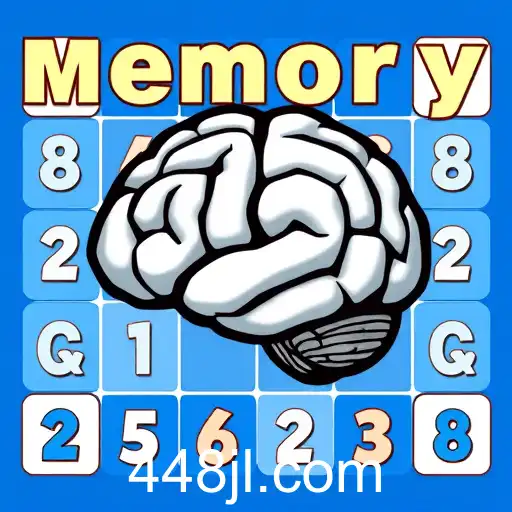In an era where digital entertainment is omnipresent, memory games have carved out a significant niche under the category identified by the keyword '8jl'. These games, designed to challenge and improve memory skills, have gained immense popularity across various demographics, capturing the attention of both educators and game enthusiasts.
Memory games are not just about fun; they are also powerful tools for enhancing cognitive abilities. They work by engaging the brain in activities that require focus, recall, and pattern recognition. Researchers have often highlighted the benefits of memory games in improving short-term memory, concentration, and problem-solving skills. By regularly playing these games, individuals can experience noticeable improvements in their ability to remember details and process information swiftly.
The simplicity of memory games can be deceptive. While basic in concept—usually requiring players to match pairs, remember sequences, or spot differences—their impact on cognitive function is profound. Websites hosting these games offer a wide array of challenges that are constantly updated to keep the stimulation fresh. This variety ensures that users remain engaged, reducing the chances of boredom and increasing the longevity of the cognitive benefits.
The global appeal of memory games lies in their accessibility. They are not confined by age or technological expertise, as they offer intuitive interfaces that even young children or older adults find easy to navigate. Such inclusivity ensures that everyone can partake in mental stimulation conveniently from their homes or on-the-go, thanks to mobile-friendly versions of these games.
Moreover, the adaptive nature of memory games allows users to progress at their own pace. Many platforms employ artificial intelligence that adjusts the difficulty level based on the player's performance. This personalization keeps the player challenged without reaching levels of frustration that might deter continued engagement.
In educational settings, memory games serve as an effective tool for educators to harness students’ cognitive abilities in a fun and engaging way. Teachers incorporate these games into curricula to reinforce learning concepts and help students develop better memory retention, often leading to improved academic performance.
Furthermore, memory games can be an essential part of a cognitive health regimen for older adults. Engaging in regular brain exercises through such games may delay the onset of cognitive decline associated with aging, offering a valuable, proactive approach to maintaining mental fitness.
In conclusion, the category '8jl', representing memory games on online platforms, showcases a crucial synergy between entertainment and cognitive enhancement. As our understanding of the brain continues to grow, memory games remain a vital resource for people striving to boost their mental acuity while enjoying the process. Whether you're a child learning new concepts, an adult looking to keep your mind sharp, or an older adult aiming to maintain cognitive health, memory games offer an enjoyable and beneficial pastime.

Exploring how memory games, categorized under '8jl', enhance cognitive skills and entertain users of all ages.




